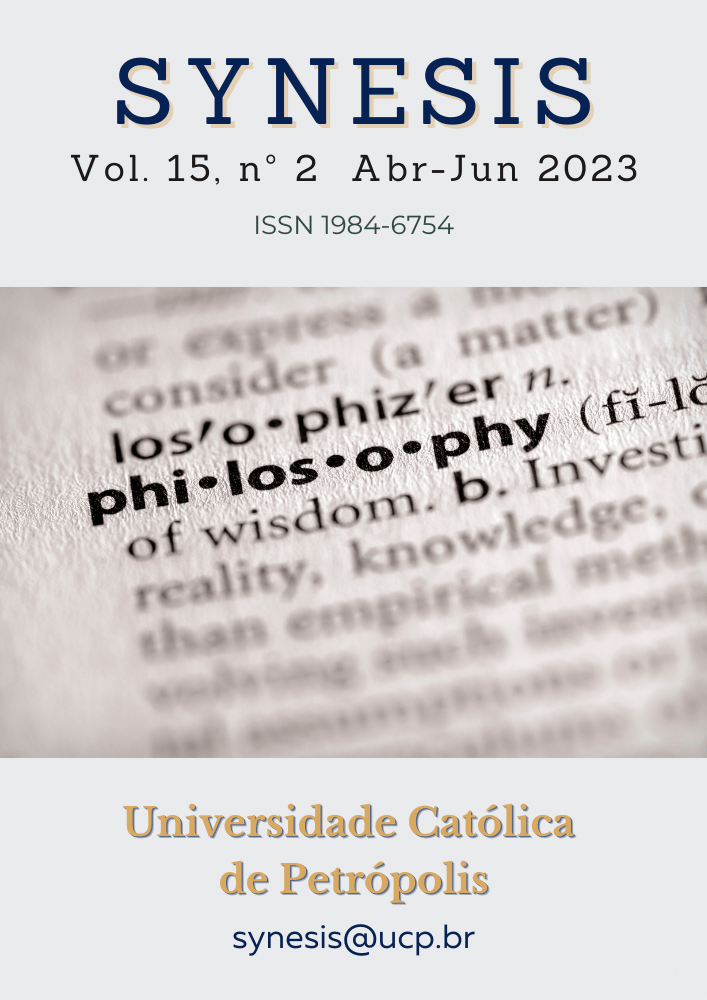Resumo
Este artigo demonstra que Chiang Wei-Shui蒋渭水 (1891-1931) é fiel à identidade nacional chinesa ao combinar os textos históricos. Seu principal objetivo era resistir ao domínio colonial japonês, buscar o retorno de Taiwan à sua pátria e completar a reunificação da China. Chiang Wei-Shui foi um político famoso em Taiwan durante a ocupação japonesa. Na história do movimento nacional chinês em Taiwan, Chiang Wei-Shui foi o ativista político mais influente que conseguiu picar os colonos japoneses e despertar a consciência nacional chinesa dos taiwaneses. Porém, no confronto entre unificação e independência na sociedade taiwanesa contemporânea, os separatistas o manipularam como representante da “independência de Taiwan”, distorcendo sua real identidade nacional. Além disso, a independência de Taiwan é agora uma posição política dominante em Taiwan. Alguns políticos e estudiosos inventam tradições para fins políticos, mas poucas pessoas buscam autenticidade histórica. Acredito que os pesquisadores devem se esforçar para se livrar da influência da política e buscar o conhecimento puro, e é por isso que estou pesquisando este tópico.
Referências
Barth, F. (Ed.). (1969). Ethnic Groups and Boundaries: The Social Organization of Culture Difference. Boston: Little Brown & Co. https://www.amazon.com/Ethnic-Boundaries-Organization-Culture-Difference/dp/B001E3C1HW
Barthes, R. (1972). Mythologies. New York: the Noonday Press. https://archive.org/details/barthes-roland-mythologies-en-1972
Cai, P. (1982). The Movements History of Taiwanese. Taipei: Independence Evening Post. http://nbinet3.ncl.edu.tw/record=b14831742*cht
Chen, X. (2011). Intertwined with the Chinese in Taiwan: Ideology and Practice of the Chiang Wei-Shui Anti-colonial Struggles. Taiwan Research Journal(2), 54-60. https://kns.cnki.net/kcms2/article/abstract?v=3uoqIhG8C44YLTlOAiTRKgchrJ08w1e7tvjWANqNvp_h02JkFSCiXbOJ3NEazzBiRBNeyJPWM48cFTfONbO4lnQuHVxgLqQl&uniplatform=NZKPT&src=copy
Chiang, W. (2005). Clinical Lecture Notes---Diagnosis of a Patient named Taiwan. In X. Wang (Ed.), Complete Works of Chiang Wei-Shui. Taipei: Straits Academic Press. http://nbinet3.ncl.edu.tw/record=b12788470*cht
Huang, H. (2006a). Congratulations on the History of Taiwan. In Y. Wang (Ed.), Festschrift of Chiang Wei-Shui. Taipei: Taiwan Research Foundation. http://nbinet3.ncl.edu.tw/record=b10511859*cht
Huang, H. (2006b). Biography of Chiang Wei-Shui: Sun Yat-sen of Taiwan. Taipei: China Times Publishing Co. http://nbinet3.ncl.edu.tw/record=b8811396*cht
Huang, H. (2006c). Chiang Wei-Shui, Lee Teng-Hui, Chen Shui-Bian: Their Time and China. In Y. Wang (Ed.), Festschrift of Chiang Wei-Shui. Taipei: Taiwan Research Foundation. http://nbinet3.ncl.edu.tw/record=b10511859*cht
Lin, C., & Tseng, C. (2014). Resistance Spirit: The Underground Stream and the Main Stream in the History of Taiwan. The Journal of Chinese Public Administration (15), 205-225. http://doi.org/10.6712/JCPA
Lin, H. (2001). Lin Hsien-tang Diary (Vol. 3). Taipei: Institute of Taiwan History at Academia Sinica. http://nbinet3.ncl.edu.tw/record=b8947066*cht
Liu, W. (Ed.). (2018). The Taiwan Minpao (Vol. 2). Tainan: National Museum of Taiwan History. https://metadata.ncl.edu.tw/blstkmc/blstkm?00110ABFF9C00A0200000000000600A000000001000000000^#tudorkmtop
Ma, T. (2016). The Difference and Development of National Objectivism and Subjectivism Judging from the Construction and Differentiation of Taiya People in Taiwan. Journal of Southwest Minzu University(6), 1-8. https://kns.cnki.net/kcms2/article/abstract?v=3uoqIhG8C44YLTlOAiTRKibYlV5Vjs7ijP0rjQD-AVm8oHBO0FTadlOUsN4sdhpF5-AHMuiSvG0Bn4Ii1MDmPNWk83mpKSi4&uniplatform=NZKPT
PBGT. (2006a). A History of Social Movements in Taiwan(Vol.1 of Culture Movement). Taipei: Straits Academic Press. http://nbinet3.ncl.edu.tw/record=b12788456*cht
PBGT. (2006b). A History of Social Movements in Taiwan (Vol.2 of Political Movement). Taipei: Straits Academic Press. http://nbinet3.ncl.edu.tw/record=b12788483*cht
Qi, J. (2015). The Taiwan People Armed against Japan. Taipei: Qi Jialin. http://nbinet3.ncl.edu.tw/record=b15139540*cht
Saussure, F. (2011). Course in General Linguistics. New York: Columbia University Press. http://cup.columbia.edu/book/course-in-general-linguistics/9780231157261
Shoufu. (2007). You Si-Kun Is a Betrayer of Chiang Wei-Shui. Straits Review Monthly(201), 5. DOI: 10.29925/SRM.200709.0002
Su, B. (1980). Modern History of Taiwanese in 400 Years. Taipei: Peng Island Culture Company. http://nbinet3.ncl.edu.tw/record=b8575187*cht
Wang, X. (1988). Taiwan History and Taiwanese. Taipei: The Grand East Book CO. https://metadata.ncl.edu.tw/blstkmc/blstkm?001C465064AD010200000000000100A000000001000000000^#tudorkmtop
Wang, X. (Ed.). (2005). Complete Works of Chiang Wei-Shui (Vol. 1). Taipei: Straits Academic Press. http://nbinet3.ncl.edu.tw/record=b12788470*cht
Weng, Q. (1990). Biography of Weng Junming. Taipei: Publishing Department of Joongang Daily. http://nbinet3.ncl.edu.tw/record=b1382592*cht
Ye, R. (2000). Social and Political Movements in Colonial Taiwan (Vol. 1). Taipei: Morning Star Publishing Inc. http://nbinet3.ncl.edu.tw/record=b8459178*cht

Este trabalho está licenciado sob uma licença Creative Commons Attribution-NonCommercial-NoDerivatives 4.0 International License.
Copyright (c) 2023 Synesis (ISSN 1984-6754)
